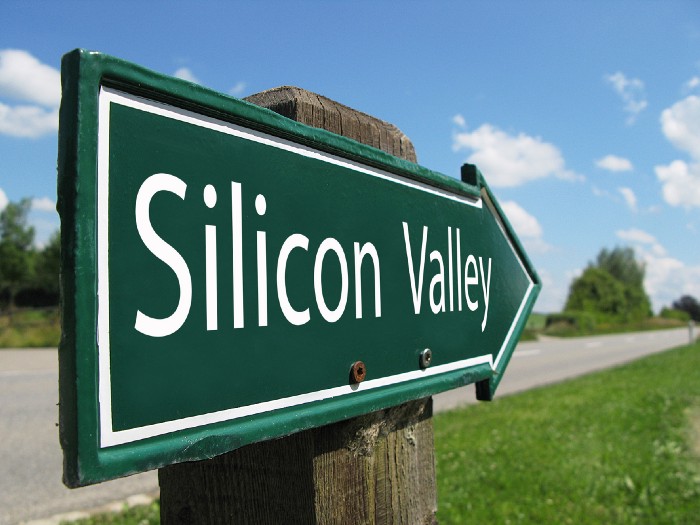
Considered to be “Mecca” by many startup founders, Silicon Valley is itself a unicorn. It’s been 76 years since Bill Hewlett and Dave Packard started HP (HPQ) in a small Palo Alto garage. Decades of technology innovation have created a supportive ecosystem where entrepreneurship is encouraged and density increases the odds of chance encounters yielding top talent, potential cofounders, and investors.
Silicon Valley is the land of Teslas, IPOs, and regular unicorn sightings. It’s the place where startup fairytales become reality. Silicon Valley is a special place, but it’s not the only place.
Technology affords us the ability to easily and inexpensively work with people anywhere. I’ve worked in almost every startup hub around the world, including Silicon Valley, which is precisely why I believe you can build a successful company almost anywhere. There may even be advantages to building your startup outside of Silicon Valley.
1. Be where your customers are. Achieving product-market fit requires talking to your customers, and unless your target customer is a Silicon Valley tech giant, they are probably not based in the Bay Area.
2. Avoiding the battlefield competition for talent is brutal, especially in Silicon Valley. You’re competing with other startups as well as Google (GOOG), Facebook (FB), and other tech giants. Retaining a team is harder in Northern California than almost anywhere else, and labor laws favor employees—not the employer.
3. San Francisco is one of the most expensive cities in America and one of the least affordable cities for home ownership. Office space is expensive, too. That added expense could be used for infrastructure, perks to attract employees, or lower overhead. Bootstrapping your business with your personal finances in a costly market also adds stress.
4. Ideas can be based anywhere. Today you’re just a click away from everything needed to start a business. Online resources like General Assembly, Skillshare, Foundersuite, and others provide tools to help your startup grow.
5. Minimize distractions. Maintaining focus is essential to success. Making potential connections through coffee meetings, events, and cocktails might pay off, but they also eat up precious time.
6. Gain exposure for your brand. In Silicon Valley, everyone is pitched—not just the VCs, but the media. Your chances of getting exposure are much greater in a less-crowded media market, and you can leverage that exposure to target customers, recruit talent, and attract investors.
There are countless arguments for both sides on this topic, but they generally all lead back to capital. While the Silicon Valley venture capital community is alluring, on average, it only takes about 10% longer for startups to raise seed and Series A capital outside of California, New York, or Boston, according to venture capitalist Maxwell Wessel. Often, too much emphasis is placed on access to capital, and too little emphasis on customers and talent. Companies searching for capital generally work harder to produce results, solve real problems for real customers, and generate real value—the winning combination that makes a company fundable.
There is no single place that has a monopoly on creative entrepreneurs and innovators. We’re in a new era of entrepreneurship, as high-growth companies can now start and scale anywhere. It’s possible. I’ve built nine tech startups, and none were based in Silicon Valley. I’m not saying it’s easy, but building a successful company is extremely challenging—regardless of geography. The only limits to growing your startup are the limits that you set yourself.
